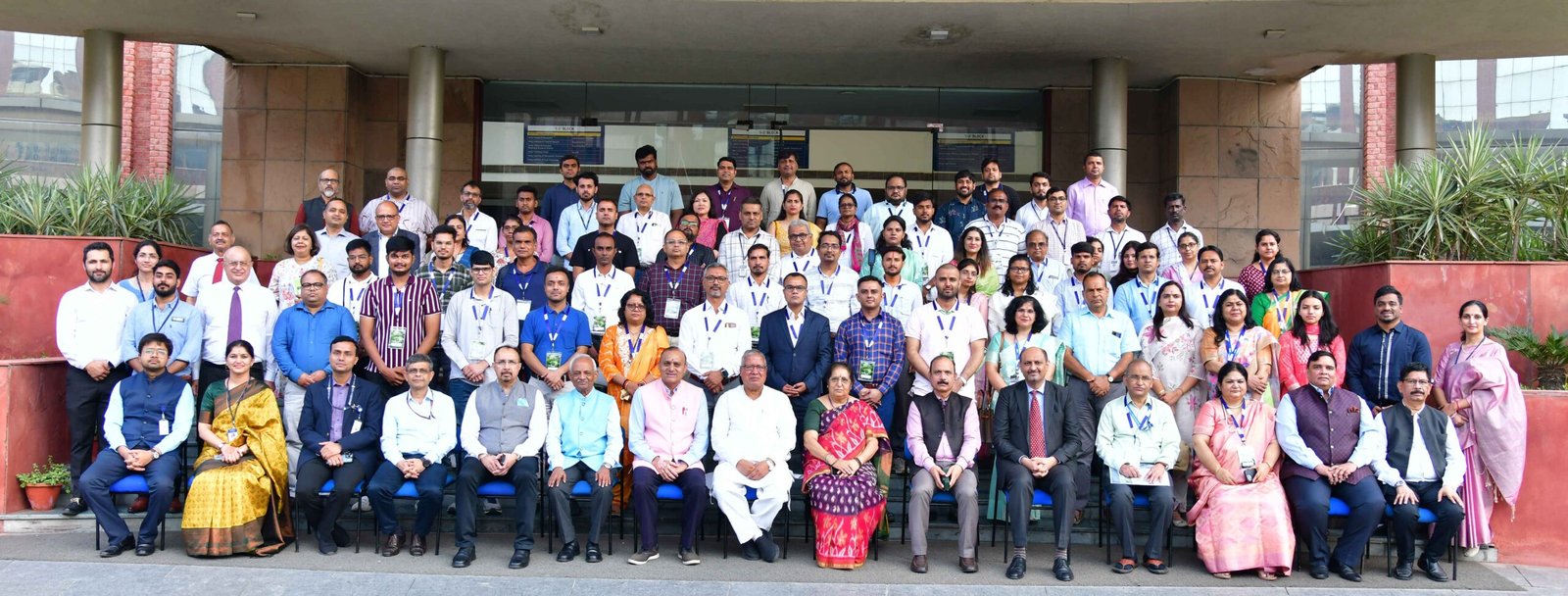Saturday, 21 February 2026

Indian National Space Promotion and Authorization Center (IN-SPACe), in collaboration with ISRO, NCVET and Amity University Noida, Uttar Pradesh, commenced a short-term skill development course titled “Essentials of Space Technology in Agriculture Sector”, on 27th July 2025 aimed at introducing non-governmental entities and academia to the applications of space technology in agriculture.
The course was inaugurated at Amity University, with former Member of Parliament Rajendra Agarwal gracing the occasion as Chief Guest. Dr. Vinod Kumar, Director, Promotion Directorate at IN-SPACe, was present for the opening and spoke about the relevance of such academic-industry collaborations in creating awareness around satellite-based tools for modern agriculture. He noted that the program is designed to provide participants with a foundational understanding of how space-based applications can support farming.
In his keynote address, Dr. Vinod Kumar, Director, Promotion Directorate, IN-SPACe, stated, “Space applications have a growing role to play in strengthening India’s agricultural capabilities and resilience. With the help of these applications and geospatial data, farmers can monitor crop health, optimize the use of fertilizers and irrigation, detect pest infestations early, manage fields with precision using GPS-guided machinery, better respond to weather risks and natural disasters, and improve overall farm productivity and decision-making.
Through these academic collaborations, we aim to build awareness, share technical know-how, and create a pool of professionals who can apply space-based tools to real-world challenges. These courses are designed to bridge knowledge gaps and encourage deeper engagement from academia and young professionals in space applications across critical sectors.”
The course is part of IN-SPACe’s broader mission to support capacity-building and sector-wide participation, expanding the role of space applications in everyday economic activity. The week-long course, running from July 27 to August 1, 2025, will cover topics ranging from remote sensing and satellite data analysis to their direct application in crop monitoring and resource management.